30, June 2022
Congo-Kinshasa set for final ceremony for Patrice Lumumba 0
The scant remains of DR Congo’s fiery independence hero Patrice Lumumba were to be interred on Thursday after a pilgrimage that revived traumatic memories but also stirred national unity.
A single tooth is all that remains of the young nationalist who was murdered in January 1961 at the age of 35, just months after becoming Congo’s first post-colonial prime minister.
A coffin containing the remains was to be enshrined in a mausoleum in Kinshasa, in a ceremony hosted by President Felix Tshisekedi coinciding with the country’s 62nd anniversary.
Topped by a large statue of Lumumba, the mausoleum is located on a main avenue of the capital which also bears his name.
Lumumba was among the vanguard of pan-African leaders who led the charge to end colonialism in the late 1950s.
He rose to prominence in 1958 when he launched a political party, the Congolese National Movement (MNC), which called for independence and a secular Congolese state.
His party won national elections in May 1960, a month before independence from Belgium, leading him to be named first prime minister of the country when it became independent.
He stunned Belgium with a speech on independence day — attended by King Baudouin — that accused the exiting colonial masters of racism and “humiliating slavery” of the Congolese people.
Within three months, Lumumba was forced out by a coup fomented with the help of Belgium and the CIA, which also opposed the support he had requested from the Soviet Union.
In January 1961, Lumumba was handed over to the authorities in mineral-rich southeast Katanga province, which had seceded from the fledgling nation months earlier with Belgium’s support.
He was shot dead and his body was dissolved in acid, but a Belgian police officer involved in the killing kept one of his teeth as a trophy.
After years of campaigning by his family, Belgium returned the tooth on June 20, a move that followed a visit of reconciliation by Baudouin’s nephew and successor, King Philippe.
The remains were taken to Lumumba’s home area of Sankuru in the centre of the country, to his political stronghold of Kisangani in the northeast and finally to the place where he was murdered before being flown to Kinshasa.
Five former prime ministers joined a funeral vigil on Thursday alongside current government chief Jean-Michel Sama Lukonde.
“The figure of Patrice Lumumba is a prime symbol of national unity, transcending political differences,” said Evariste Mabi, a premier in the 1980s under Lumumba’s nemesis, dictator Mobutu Sese Seko.
“(He) embodies the people’s successful struggle for freedom.”
Source: AFP
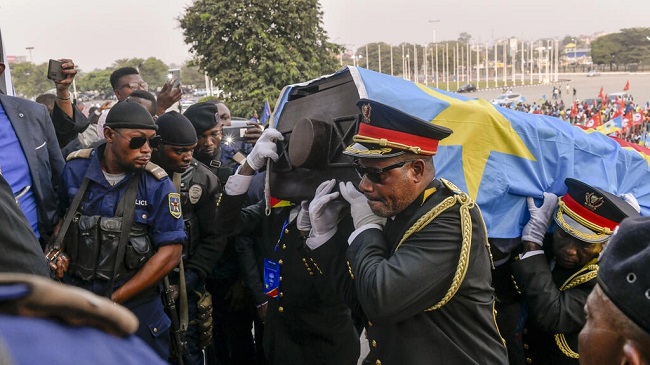
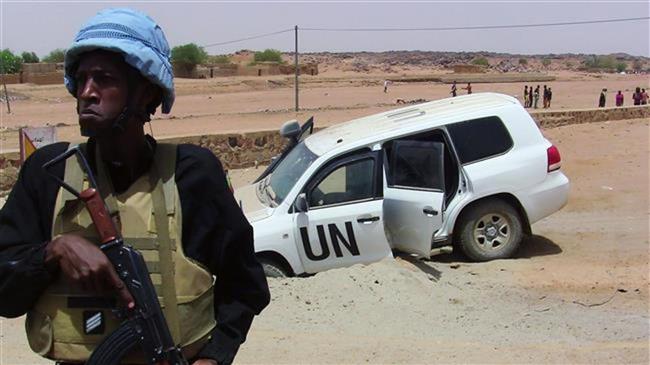

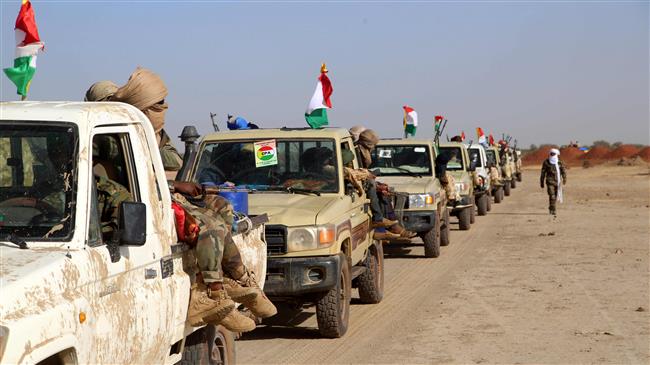
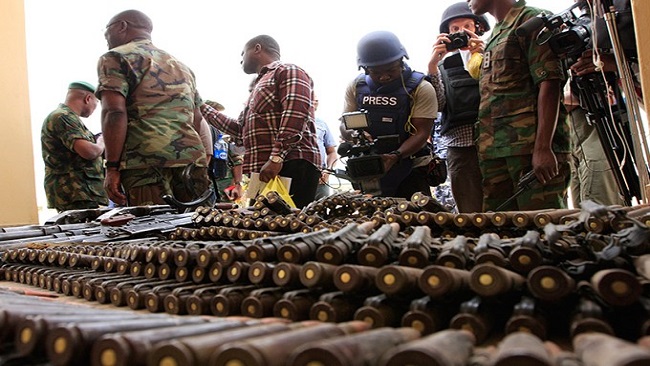

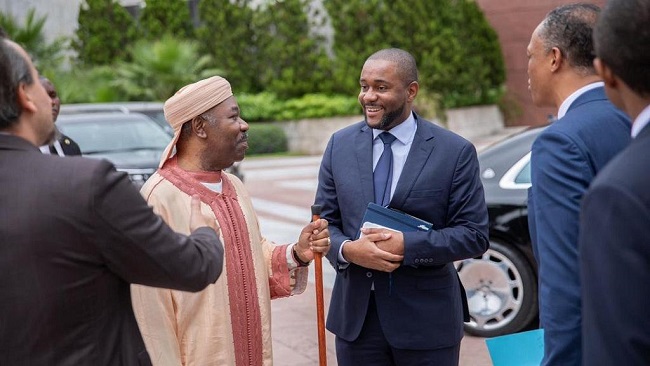
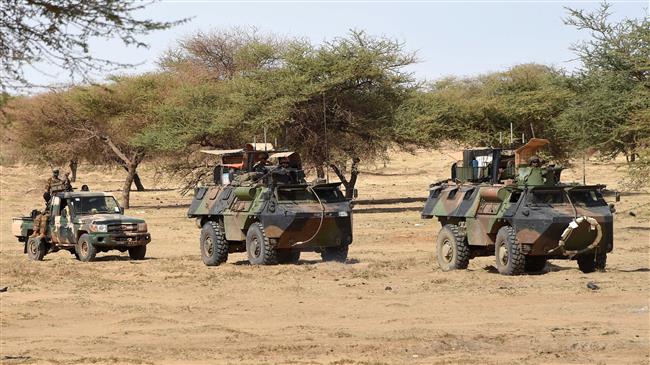
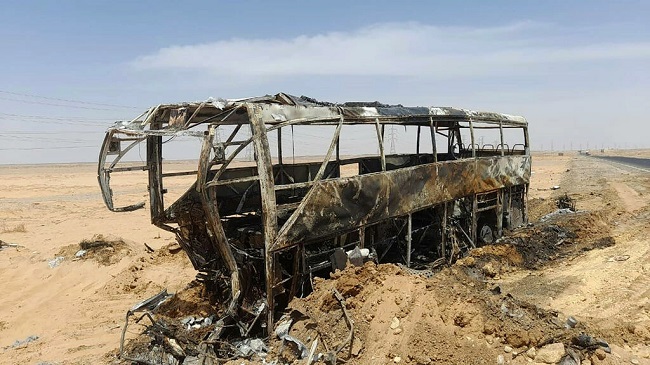


















8, July 2022
Angola: Former president Dos Santos dies at 79 0
Angola’s former president Jose Eduardo dos Santos, who ruled Africa’s second biggest oil producer for nearly four decades, has died aged 79, the Angolan presidency said Friday.
Dos Santos died at 11.10am Spanish time at the Barcelona Teknon clinic following a prolonged illness, the presidency said.
The announcement said dos Santos, who ruled Angola for almost 40 years from 1979, was “a statesman of great historical scale who governed … the Angolan nation through very difficult times.”
Dos Santos had mostly lived in Barcelona since stepping down in 2017 and he reportedly had been undergoing treatment there for health problems.
Angola’s current head of state, Joao Lourenco, announced five days of national mourning starting Friday, when the country’s flag will fly at half-staff and public events are canceled.
One of Africa’s longest serving leaders, dos Santos came to power four years after Angola gained independence from Portugal and became enmeshed in the Cold War as a proxy battlefield. His rule was marked by a brutal civil war lasting nearly three decades against US-backed UNITA rebels and a subsequent oil-fuelled boom.
Shy, but shrewd political operator
His political journey spanned single-party Marxist rule in post-colonial years and a democratic system of government adopted in 2008. He voluntarily stepped down when his health began failing.
In public, dos Santos was unassuming and even appeared shy at times. But he was a shrewd operator behind the scenes.
He kept a tight grip on the 17th-century presidential palace in Luanda, the southern African country’s Atlantic capital, by distributing Angola’s wealth between his army generals and political rivals to ensure their loyalty. He demoted anyone he perceived to be gaining a level of popularity that could threaten his command.
Dos Santos’ greatest foe for more than two decades was Jonas Savimbi, leader of the UNITA rebels whose post-independence guerrilla insurgency fought in the bush aimed to oust dos Santos’ Popular Movement for the Liberation of Angola, or MPLA.
The Angolan strongman frequently described himself as an accidental president, taking the reins after Angola’s first leader, Agostinho Neto, died during cancer surgery in 1979.
With Neto having only served for four years and the 37-year-old dos Santos regarded as a relatively weak outside candidate, few could have imagined he would go on to rule for just shy of four decades.
But dos Santos proved an extremely astute politician.
In 2003, dos Santos banished his party’s secretary general to a junior position for appearing a little too eager to replace him. João Lourenço would have to wait 14 years to finally get his wish to become Angola’s next president.
Humble roots, grand ambitions
Born on August 28, 1942 to immigrant parents from the archipelago of Sao Tome, dos Santos was raised in the poor Luanda neighbourhood of Sambizanga. His father was a builder, his mother a maid.
But from a young age dos Santos had grander ambitions and joined the then-nascent MPLA.
Like many of his fellow liberation fighters, he spent his early 20s in exile in the Republic of Congo before moving to Baku in Azerbaijan, then part of the Soviet Union, to study petroleum engineering. There he met his first wife, Tatiana Kukanova, a Russian chess champion with whom he had his first and most famous daughter – Isabel dos Santos.
By 1977 and the death of Neto, dos Santos was among half a dozen senior MPLA members with a shot at the leadership. He won partly because he seemed the weakest candidate.
His opening speech as leader set the tone for future public appearances, lasting just one minute and 54 seconds. Over the next 38 years he would do just a handful of interviews.
Oil boom feeds family fortunes
Although he would increasingly be regarded by his critics as a dictator, it was his apparent willingness to compromise and stand by election results in 1992 as part of a UN negotiated peace process that would seal the popularity of his party.
Jonas Savimbi, the leader of UNITA that fought on the other side of the civil war, refused to accept the result of that election and took the tired country back to war. When the Angolan army eventually succeeded in killing Savimbi, Unita had lost much of its support.
Between 2002 and 2014, as oil production grew in tandem with booming prices, the size Angola’s economy multiplied by 10, from $12.4 billion to $126 billion.
While little of the money trickled down to the poor, those closest to dos Santos became billionaires.
His eldest daughter Isabel became, according to Forbes, Africa’s richest woman and youngest billionaire worth about $3 billion. Forbes has since dropped Isabel from its list of billionaires because of the asset freezes.
Isabel also became chairman of state oil company Sonangol, while son José Filomeno headed a $5 billion sovereign wealth fund.
Dos Santos, who said in a rare 2013 interview he would like to be remembered “as a good patriot”, never specifically responded to the allegations that he had allowed corruption to become rampant.
Source: Reuters